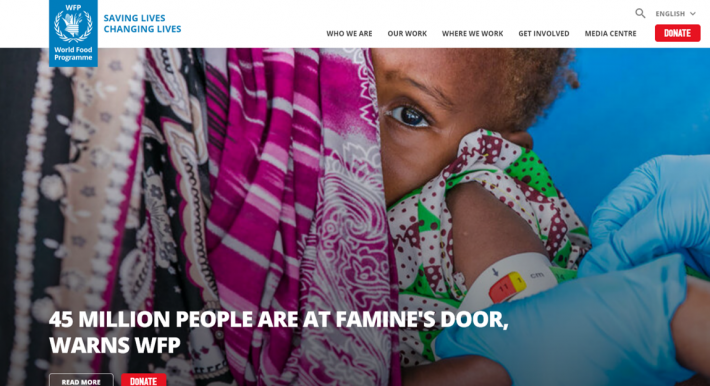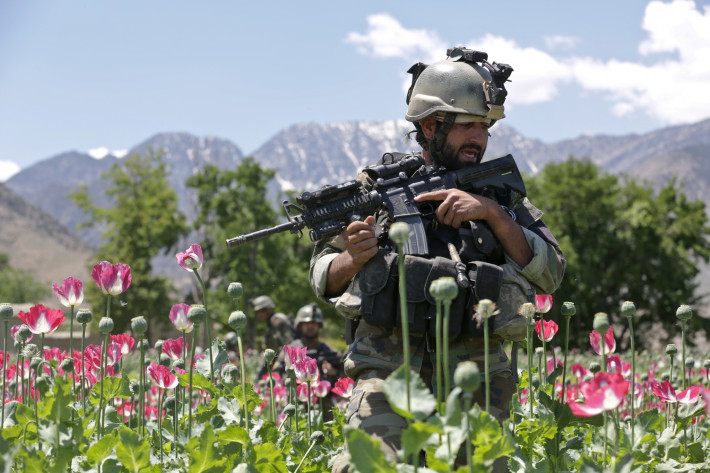Nov. 2, 2021 (EIRNS)—As the security situation in Haiti worsens, with armed gangs continuing to prevent fuel distribution, and kidnapping and killing citizens from all walks of life, tensions between the governments of Haiti and the Dominican Republic have reached a dangerous high. Yesterday, Dominican President Luis Abinader issued an urgent tweet calling on the international community to respond to the Haitian security crisis, naming the U.S., Canada, France, and the EU in particular, for failing to respond to cries for help. Foreign Minister Roberto Alvarez also tweeted that the President has repeatedly called for the international community to organize summits to discuss the crisis in Haiti and map out a response, to no avail. No one has responded, the daily Listin Diario, reported him saying today. Haiti’s Foreign Minister, Claude Joseph, meanwhile responded to both Abinader’s and Alvarez’s tweets by calling on both countries to work together to deal with insecurity that affects them both, pointing to a recent State Department alert that also warned of growing crime and insecurity in the Dominican Republic. He urged Americans to exercise caution should they travel to Haiti’s neighbor on the island of Hispaniola.
Tensions are intensifying, however. While 12,000 Dominican soldiers are deployed at the border with Haiti, President Abinader announced Nov. 1 that he will take a tougher stance on Haitians entering the country illegally, on enforcing existing laws, preventing women more than six months pregnant from entering the country. He threatened to deport thousands of undocumented Haitians who work in construction and agriculture. There is a good deal of fear mongering from the Dominican side that Haitian gangs may try to invade the country, leading the former head of the Army, Jorge Radhames Zorrilla, and the organization of retired Generals and Admirals to offer their services to help “defend national sovereignty.”
It is noteworthy that in the midst of this tense situation, the Schiller Institute’s Plan for the Development of Haiti, whose English-, Spanish-, and French-language editions have circulated widely throughout Ibero-America and the Caribbean, including in both the Dominican Republic and Haiti, has set off something of a firestorm in the Twittersphere, changing the terms of the conversation. After Pope Francis issued a tweet Oct. 31 (@Pontifex_es) calling on people to pray for Haiti and urging the international community not to abandon it, and a Schiller Institute organizer responded that the mission established by Lyndon LaRouche after the 2010 earthquake “can and must be carried out, including with China, to lift Haiti out of its overwhelming poverty and convert it to an economic development model for the Western Hemisphere and the world,” and included the link to the Spanish-language version of the Haiti program.
This set off a series of other tweets from people of many different countries around the region, as far south as Argentina, including elected officials, lawyers, church officials, and academics, all commenting or making proposals on how to proceed, taking off from the Schiller organizer’s remarks. This included attacking the U.S. for its years of military invasions and imposing neoliberalism on Haiti. The Argentine respondent noted that the Schiller proposal “is a good one,” but added that Haiti’s location unfortunately “makes it politically conditioned by the U.S.” One LaRouche organizer pointed out to one tweeter that the program for Haiti is in fact a comprehensive program that can be applied to any country of the region, taking into account national differences, but starting from the standpoint that what’s needed is a “new paradigm of international relations.”

















